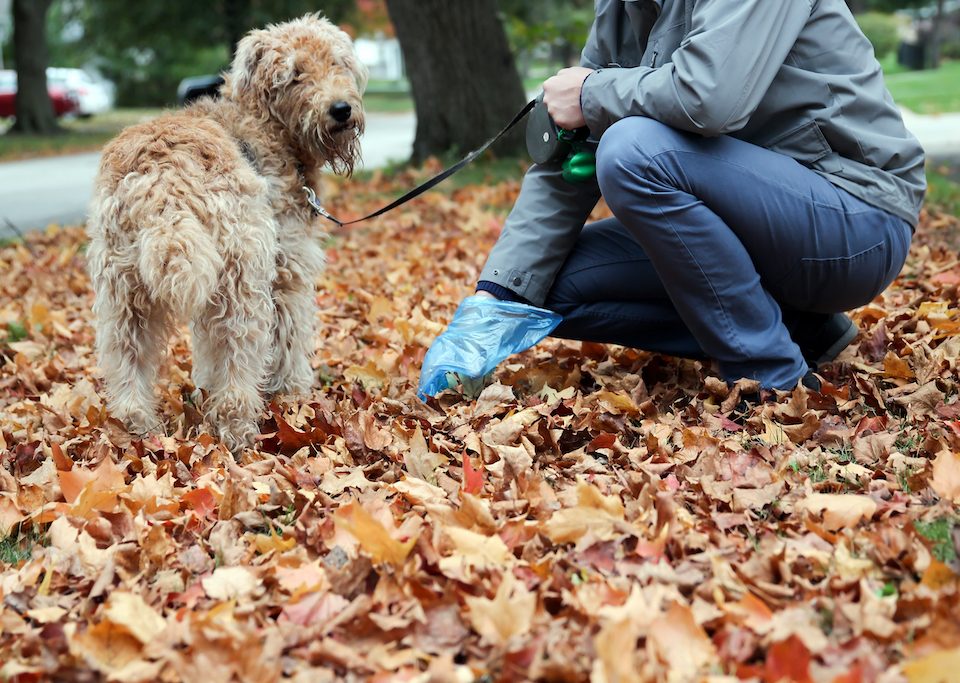
Description
Canine infectious tracheobronchitis (Kennel Cough), also known as kennel cough, results from infection of the respiratory tract with one or more viruses and bacteria. It is highly contagious.
Causes
The most common causes include canine parainfluenza virus, canine adenovirus 2, canine influenza virus, and bacteria such as Bordetella bronchiseptica and Mycoplasma s pecies. Kennel Cough may develop from a single agent, or it may be a mixed infection. Common mixed infections involve B. bronchiseptica, canine parainfluenza virus, and/or canine adenovirus 2. Viruses and B. bronchiseptica are spread through the air via close contact or by fomites (contaminated inanimate objects). Direct contact with infected secretions is the most common way that Kennel Cough spreads from dog to dog. Clinical disease often follows exposure to other infected dogs at kennels, dog parks, and dog shows.
 Clinical Signs
Clinical Signs
The most common sign is coughing that often comes in spasms. The cough may be dry and hacking (“goose honk”) or productive (gagging or coughing up secretions). These signs are sometimes mistaken for something caught in the dog’s throat. Coughing episodes may be triggered by excitement, activity, or pressure on the neck (such as pulling against a collar).
Pneumonia and other generalized signs (nasal discharge, fever, decreased appetite, respiratory difficulty) may occur with complicated or serious infections. Unvaccinated and young dogs are most susceptible to complicated ITB. Secondary bacterial infections may also lead to bronchopneumonia.
Diagnostic Tests
Classic clinical signs and a history of recent exposure to other dogs are suggestive of Kennel Cough. Routine laboratory tests, such as a complete blood cell count and biochemistry profile, are often normal unless pneumonia or other complications are present. Chest x-rays may be recommended if pneumonia is suspected.
Special procedures, such as a tracheal wash (collecting fluid from the airway through a catheter inserted into the windpipe) or bronchoscopy (examination of the airway through a fiberoptic viewing scope), may be needed in complicated ITB cases or in dogs with pneumonia. Collected fluids are usually analyzed microscopically and submitted for bacterial culture and antibiotic susceptibility testing. Tests for antibodies in the blood and cultures for viruses may be done in some cases but are not often needed.
Treatment Options
Treatment for uncomplicated Kennel Cough is mainly supportive and involves administration of cough-suppressant medications and Antibiotics may be given to treat complicated Kennel Cough or secondary bacterial infections.
Dogs with pneumonia may require intensive care in an isolation ward, with intravenous fluids, supplemental oxygen, and antibiotics. Inhalation therapy with saline, a bronchodilator drug, and/ or antibiotics may also be recommended.
Follow-up Care
It is important to prevent the spread of this disease to other dogs by taking the following steps:
- Isolate dogs with ITB from other dogs until all clinical signs have resolved.
- Keep recovered dogs away from unvaccinated or immunocompromised dogs and puppies.
- Most of the infectious agents that cause Kennel Cough are inactivated by bleach. Disinfect all items (cages, bowls, brushes) that have come in contact with the infected dog with a solution of bleach diluted (1:32) in water.
- Kennel Cough may be transmitted by fomites and by a person who has been exposed to an infected dog. To prevent this type of transmission, isolation of infected dogs and strict disinfection of facilities and equipment is essential. It is sometimes necessary to close facilities that house dogs for a while when outbreaks of ITB occur.
Vaccines are available for B. bronchiseptica , parainfluenza virus, and adenovirus 2. Puppies are initially given two or three vaccinations 2-3 weeks apart. The vaccines are repeated at 1 year of age and then every 3 years. Bordetella vaccines may be required more often for dogs that are frequently kenneled. Vaccines do not prevent all infections, but they usually decrease the severity of disease. It is possible for B. bronchiseptica to be transmitted from dogs to immune-compromised people, so preventive measures should be taken when caring for an infected animal.
Prognosis
For most dogs, prognosis is very good. The disease can be life threatening in young puppies and in dogs compromised by other illnesses. For dogs with pneumonia, prognosis depends on the severity of the pneumonia and any other complicating conditions.




